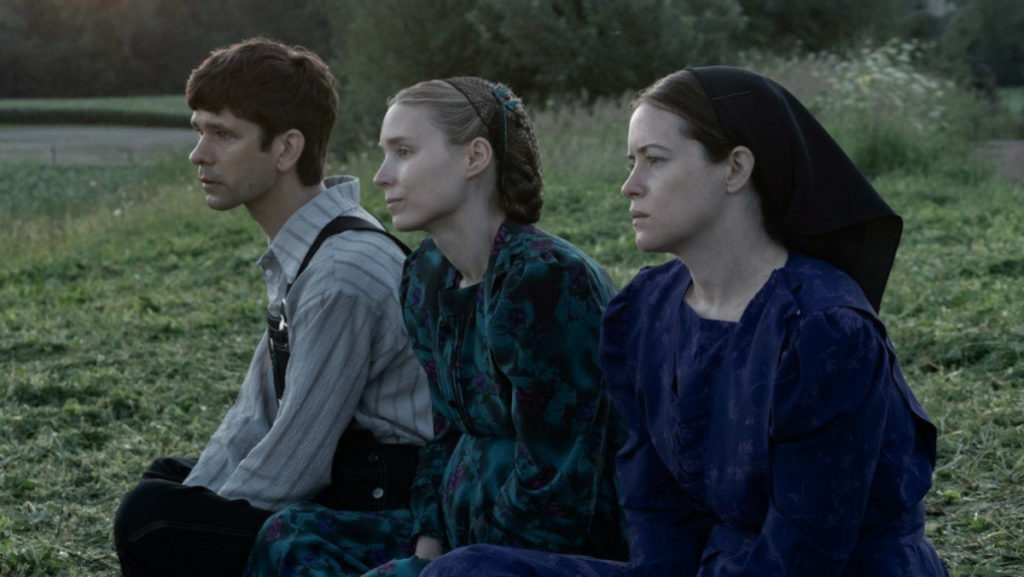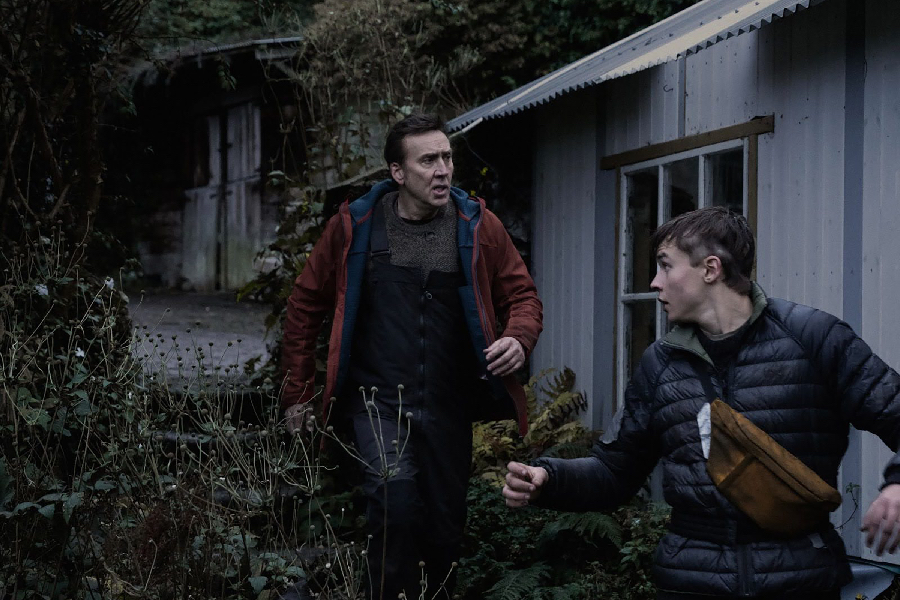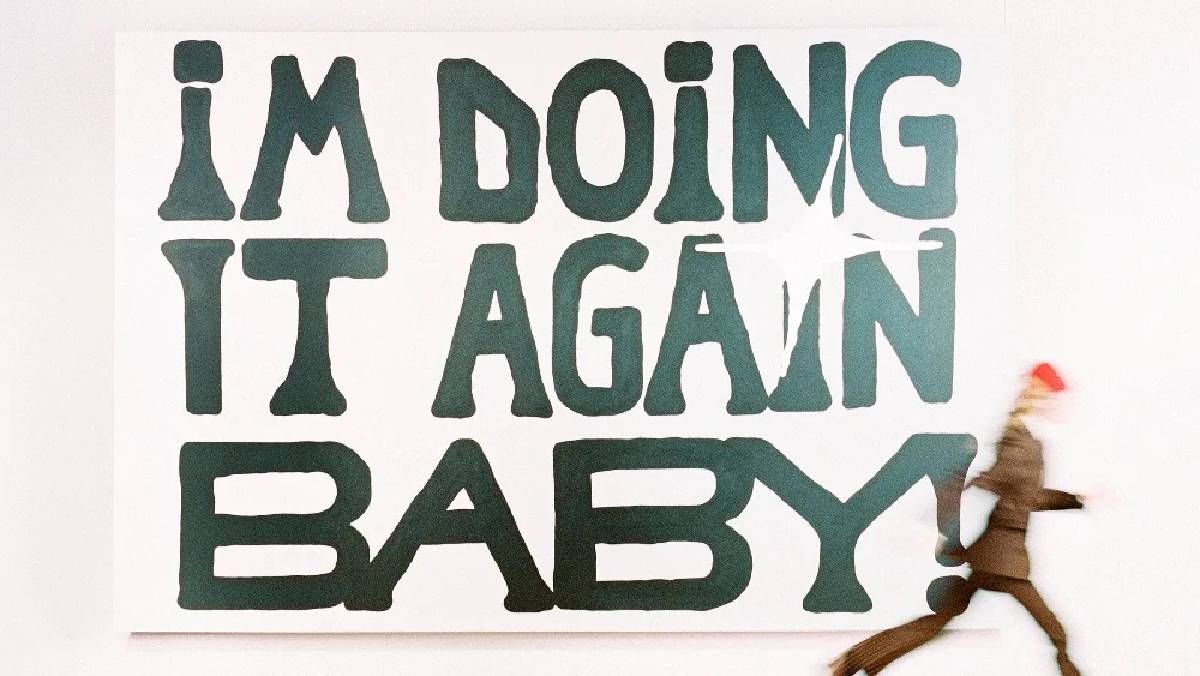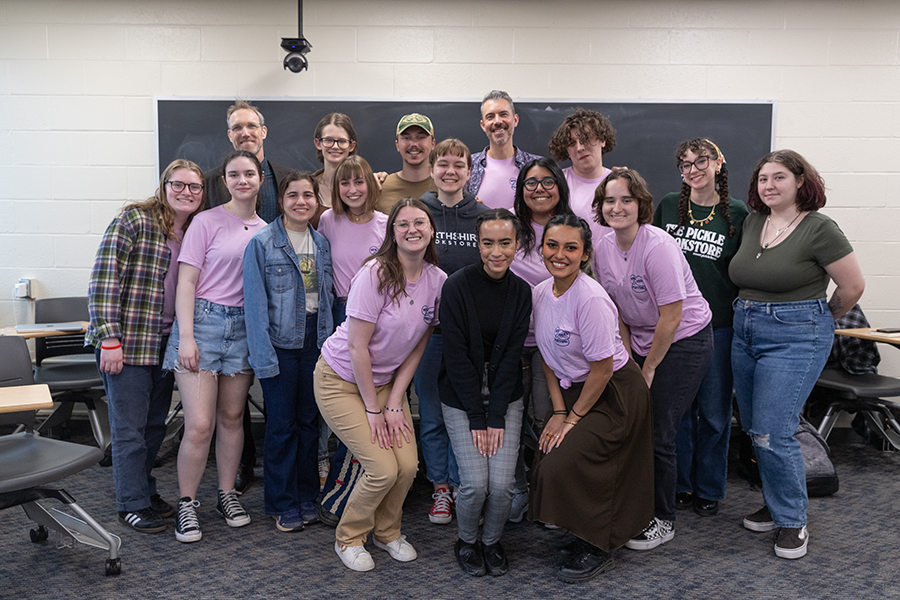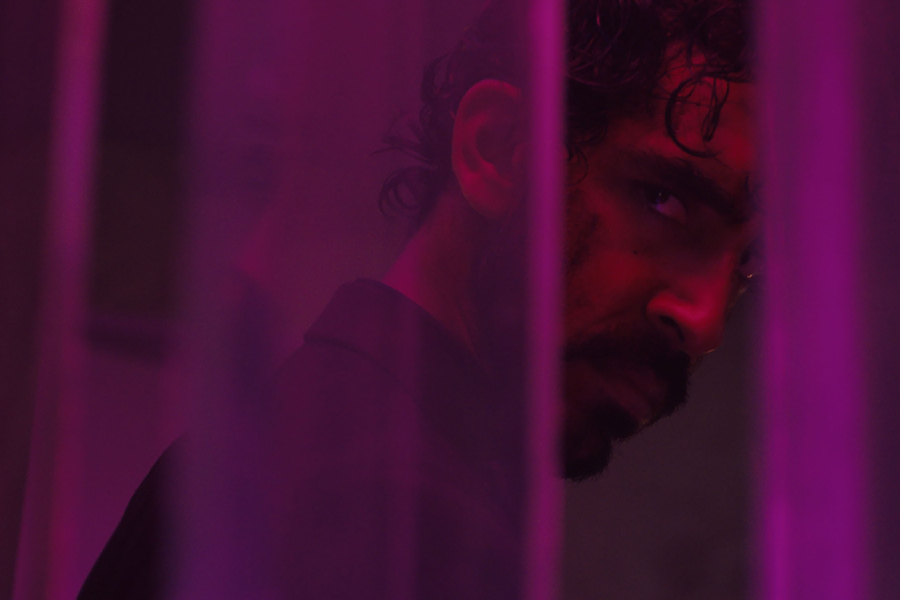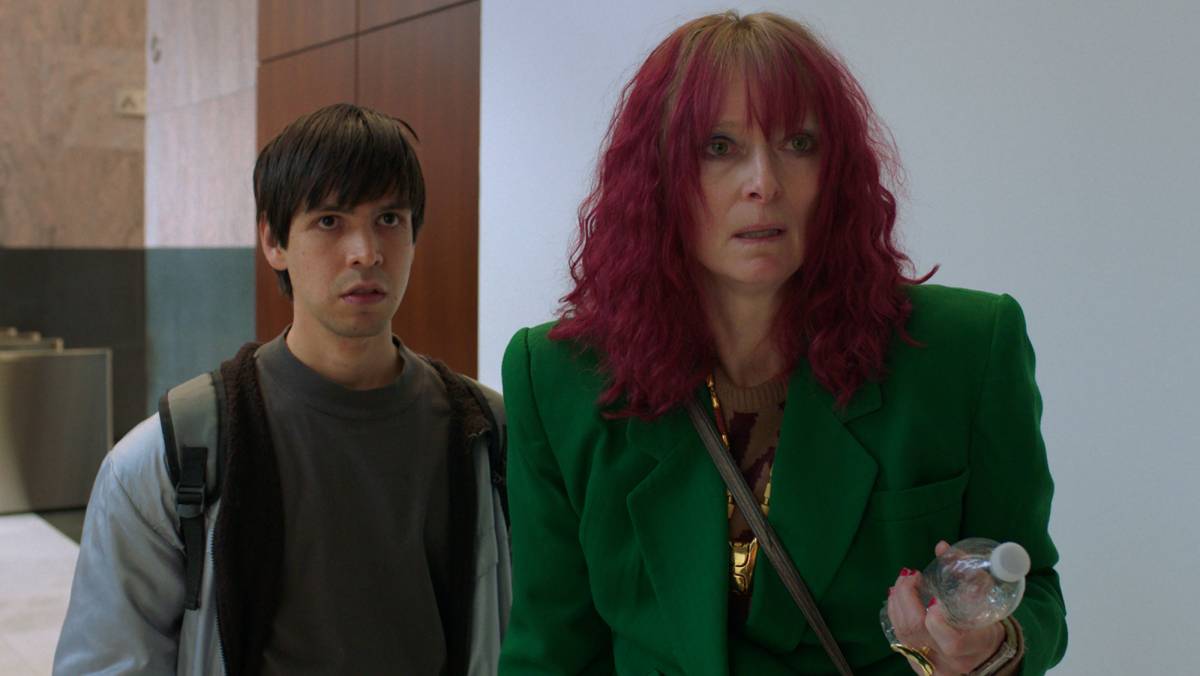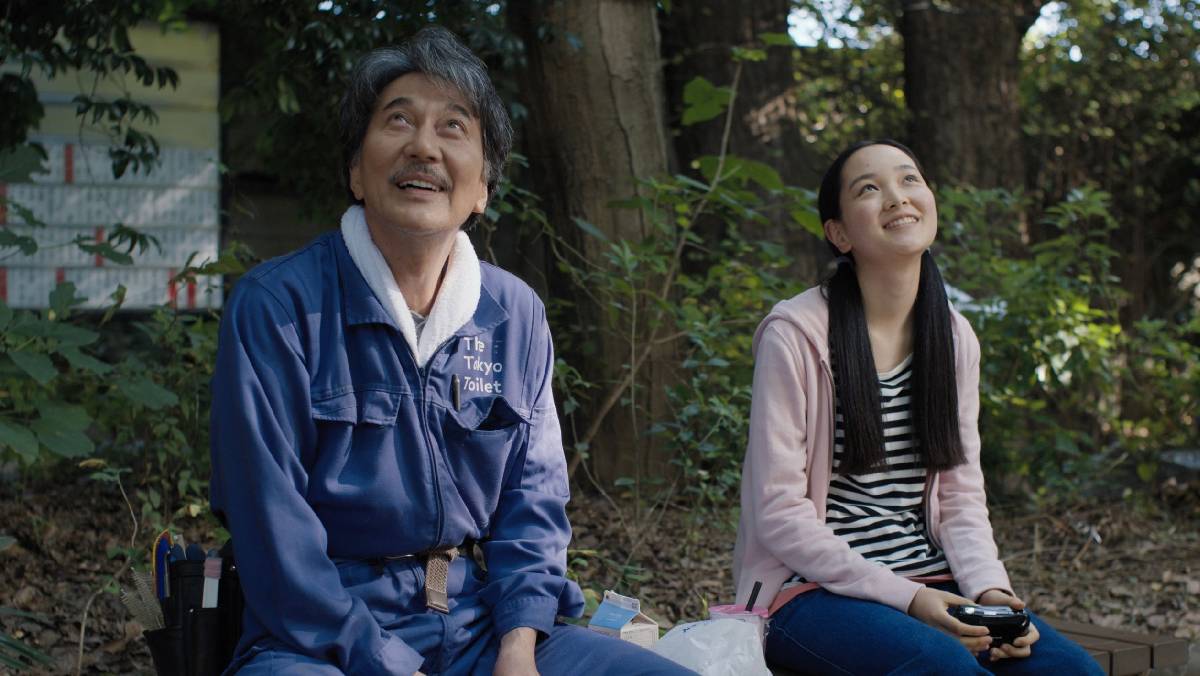Do nothing. Stay and fight. Leave. These are the options laid out in front of the women and children of the Mennonite colony centered in writer/director Sarah Polley’s “Women Talking.”
Based on the 2018 novel by Miriam Toews, the film spends the majority of its 104-minute runtime following the debate on the colony’s future among the most trusted women in the colony. The vote comes after one of the men from the colony was caught and arrested for sexually assaulting a young child while she slept. Each of the women soon realizes it was a common occurrence and nearly everyone in the colony played a role in the toxicity of the community, whether as a perpetrator, silent bystander or victim.
The first vote ended in a tie. Stay and fight, or leave. This inspired the colony to elect representatives they trusted to decide their fate. The decision must be made by the time the men return from the town after bailing the abusers out of jail, in just two days. The concept Polley sets up is quite simple. The film is exactly what it is called — it’s just women talking. Women who have been hurt so deeply throughout their lives, victims of multiple generations of abuse. Women that are finally deciding their own futures.
The cast of this film is truly astounding. Boasting performances from renowned actresses like Rooney Mara, who grounds the film with her calm and loving presence, Jessie Buckley, a passionate but deeply afraid mother, and Claire Foy, a fiery addition to the group, audiences are in for a showcase of the ensemble’s immense talent. Buckley, Foy and Mara are largely the center of the story, representing the different possibilities for the colony’s future.
Mara’s outing as Ona, a pregnant young woman who’s smitten with the colony teacher (portrayed with the incomparable warmth of Ben Whishaw), is one of the best and most empathetic of the year. Ona offers a perspective that lets the audience into the world the most, shifting her opinion as new points are brought up, and truly hopeful for the best for the women of the colony. Salome (Foy) and Mariche (Buckley) offer similarly humane performances, occupying a space rarely depicted in film without judgment. Salome’s fear of leaving her son behind, and Mariche not wanting to potentially upset her notoriously violent husband, both add such a layer of nuance beyond the first reasons they give for their stances.
Polley’s screenplay, which is excellently written, offers a look at these women and their circumstances without judgment on the morality of their opinions and avoids villainizing one character or another for wanting to leave or to stay. Instead, throughout the film, the characters are able to interrogate each other, ask questions and truly understand each person’s perspective. The questions range from “where will they go if the women leave?” to “what will happen to the teenage boys if the women leave? Is he too entrenched in the culture of abuse to stay with the women?”
Polley’s direction of the film is the only aspect leaving something to be desired. Polley falls victim to the restrictions she wrote herself into, being that much of the film takes place in one space. And while it’s far from an impossible task, creating visual interest and blocking an ensemble as large as this in such a confined space is something that many directors struggle with and often makes the film feel more like a stage play.
This is not to say the film suffers too much, though, as there are breaks away from its convention that allows audiences (and characters) to breathe between these heavy conversations. Between the very moving score by Hildur Guðnadóttir and a talented ensemble, the minimal slack is picked up, delivering an emotional and timely story that will surely make audiences as furious at the state of the world as Polley and Toews are.


